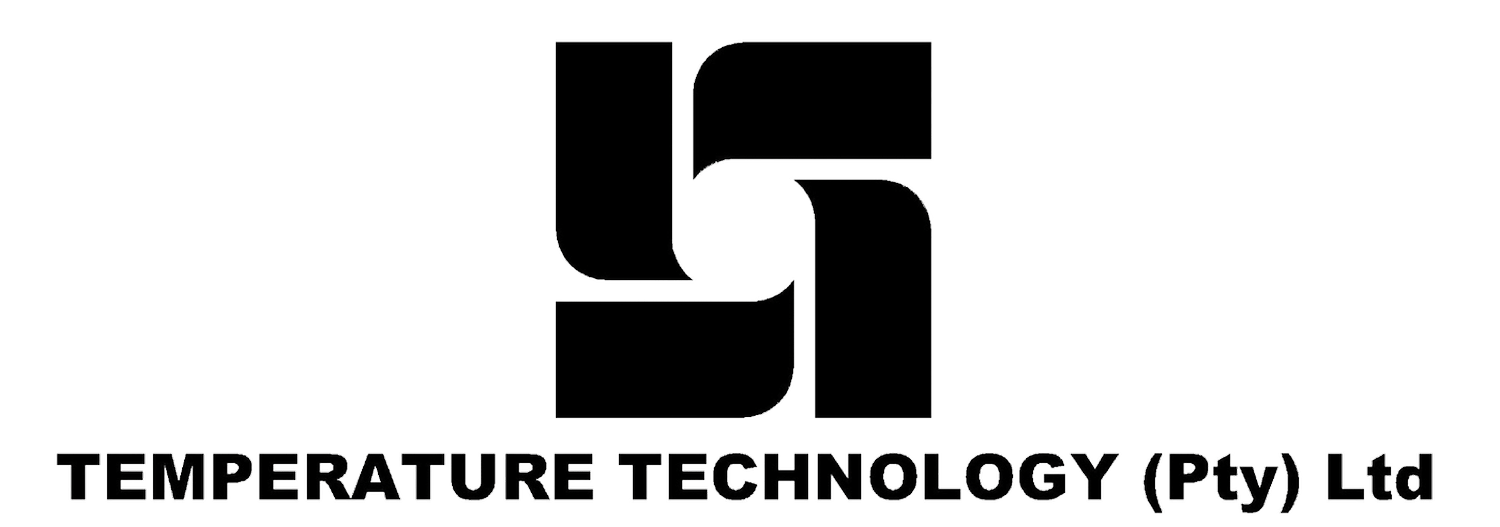Innovative HVAC Technologies Taking Root in South Africa
In recent years, South Africa has become a hub for innovative technologies, particularly in the HVAC (Heating, Ventilation, and Air Conditioning) industry. As the nation grapples with its unique climate challenges and the global push towards sustainability, new and emerging HVAC technologies are gaining popularity. This blog post will explore these cutting-edge advancements and their impact on the South African market.
Emerging Technologies in South Africa's HVAC Industry:
Solar-Powered HVAC Systems: South Africa's abundant sunshine makes it an ideal location for solar-powered technologies. Solar-powered HVAC systems, which use solar panels to convert sunlight into energy to power heating and cooling systems, are becoming increasingly popular. These systems not only reduce electricity costs but also minimize carbon footprints, aligning with global environmental goals.
Smart HVAC Controls: The rise of smart home technologies has extended to HVAC systems. Smart thermostats and controls allow users to optimise their heating and cooling settings remotely, using smartphones or other devices. This technology not only enhances comfort but also improves energy efficiency, a crucial factor in a country where energy resources are often strained.
Geothermal Heating and Cooling: Leveraging the stable temperatures underground, geothermal HVAC systems are being explored in South Africa. These systems use the earth's consistent temperature to heat and cool buildings, offering an energy-efficient alternative to traditional methods.
Eco-Friendly Refrigerants: With global warming concerns, the shift to eco-friendly refrigerants is significant. South Africa is seeing a rise in the use of refrigerants with lower Global Warming Potential (GWP), reducing the environmental impact of HVAC systems.
Variable Refrigerant Flow (VRF) Systems: VRF systems, which allow for individual climate control in different areas of a building, are gaining traction. These systems are not only energy-efficient but also provide enhanced comfort, making them ideal for commercial and large residential buildings.
Challenges and Opportunities:
While these technologies offer numerous benefits, there are challenges to their widespread adoption, such as high initial costs, lack of awareness, and the need for skilled technicians. However, these challenges also present opportunities for growth and development in the sector, including training and education in new technologies and increased investment in sustainable solutions.
In conclusion, South Africa's HVAC industry is at the forefront of innovation, embracing technologies that offer energy efficiency, environmental sustainability, and enhanced user comfort. As the country continues to navigate its unique climate and energy challenges, these technologies will play a crucial role in shaping a more sustainable and efficient future. The growth of the HVAC industry in South Africa not only reflects the nation's commitment to innovation but also its active role in global environmental stewardship.
